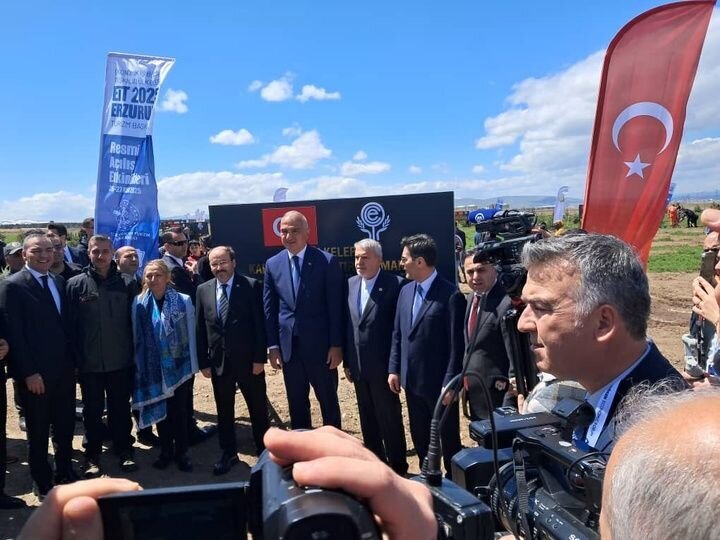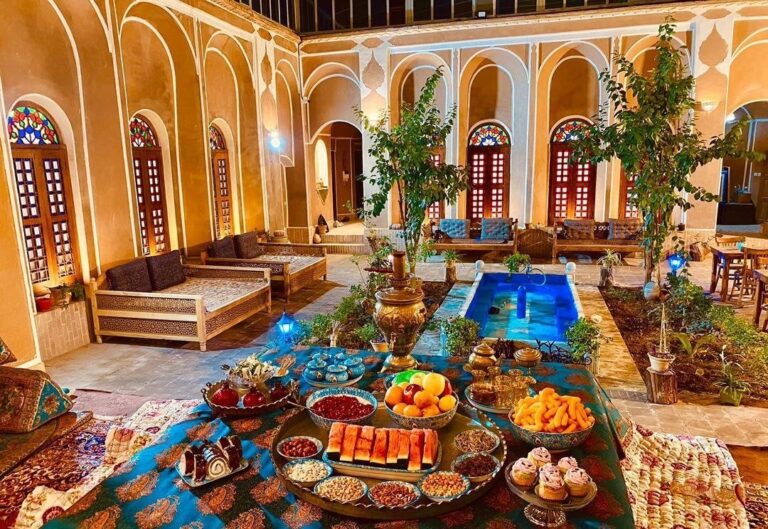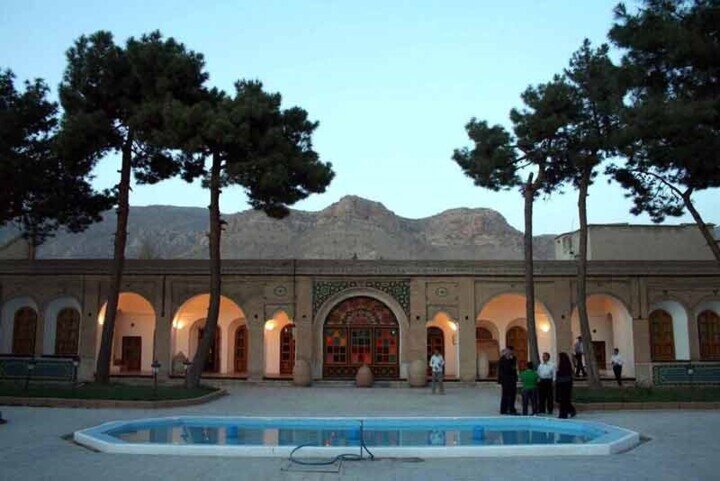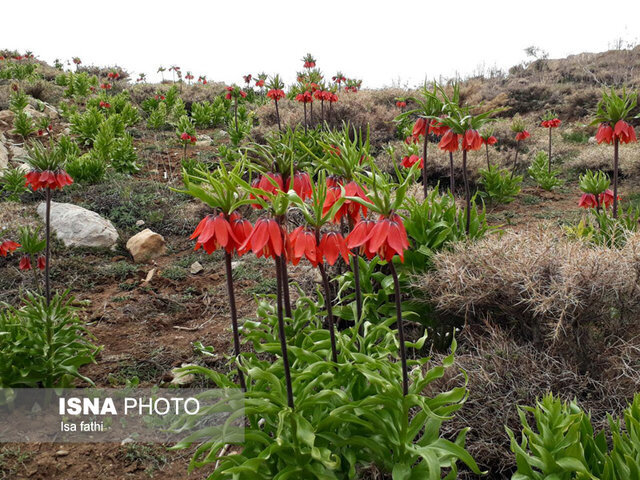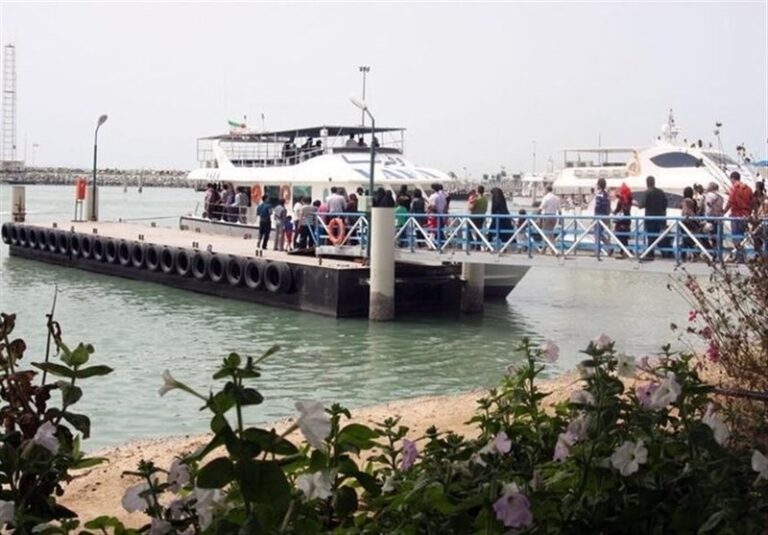Eco-Tourism Ministers Unite to Plant Symbolic Trees in Erzurum: A Green Initiative for Sustainable Travel
On Saturday, tourism ministers from the Economic Cooperation Organization (ECO) gathered in Turkey’s Erzurum for a symbolic tree-planting ceremony that underscored their dedication to sustainable tourism and regional collaboration. This ceremony was a significant event held alongside the 6th ECO Ministerial Meeting on Tourism, marking Erzurum’s recognition as the ECO Tourism Capital for 2025.
The event featured Seyyed Reza Salehi-Amiri, Iran’s Minister of Cultural Heritage, Tourism, and Handicrafts, who took part in the collective tree-planting ceremony. In a significant gesture of goodwill, he dedicated a special tree to the Islamic Republic of Iran. This act exemplified Iran’s commitment to enhancing cultural cooperation, environmental responsibility, and fostering tourism diplomacy within the region.
The trees planted during this event serve as lasting symbols of peace, friendship, cultural solidarity, and respect for nature. They emphasize the importance of preserving natural heritage and advocating for responsible tourism practices across the ECO region and beyond.
- ECO Overview: The Economic Cooperation Organization is an intergovernmental regional body comprising nations from Europe, the Caucasus, Central and West Asia, and South Asia. The organization connects over 460 million people across more than 8 million square kilometers, bridging Russia to the Persian Gulf and China to Europe.
- Goals of ECO: The primary objective of the ECO is to achieve sustainable economic development for its member countries and the surrounding region, fostering collaboration and mutual growth.
Tourism plays a crucial role in the economic landscape of the ECO member states, and this recent ceremony highlights the potential of collaborative initiatives to enhance sustainable tourism development. By planting trees, the ministers not only contributed to the environment but also reinforced their commitment to working together for the betterment of the region.
The choice of Erzurum as the ECO Tourism Capital for 2025 is particularly significant. This designation aims to promote Erzurum as a premier travel destination, showcasing its rich cultural heritage, natural beauty, and diverse tourism offerings. The city is set to benefit from increased visibility and investment in tourism infrastructure, which will enhance its appeal to both domestic and international travelers.
In addition to environmental benefits, such initiatives also aim to boost local economies and support community development through tourism. As ministers discussed during the meeting, promoting sustainable tourism practices can lead to long-term economic benefits and cultural exchange among member states.
The ceremony also featured discussions on various key topics related to tourism, including:
- Environmental Sustainability: Emphasizing the need for responsible tourism practices that protect natural resources.
- Cultural Exchange: Encouraging collaboration among member states to promote cultural heritage and tourism.
- Investment Opportunities: Identifying potential areas for investment in tourism infrastructure and services.
- Regional Connectivity: Enhancing travel connectivity within the ECO region to facilitate easier movement for tourists.
As the ECO continues to evolve, the commitment shown by tourism ministers during this event reflects a growing recognition of the importance of sustainable practices in the tourism sector. By working together to promote responsible tourism, member states can protect their natural landscapes while also fostering economic growth.
In conclusion, the tree-planting ceremony in Erzurum serves as a powerful reminder of the collective responsibility that ECO member states share in promoting sustainable tourism. As they look towards the future, the collaboration initiated at this event is expected to yield significant benefits for the region, enhancing both environmental conservation and cultural exchange.
